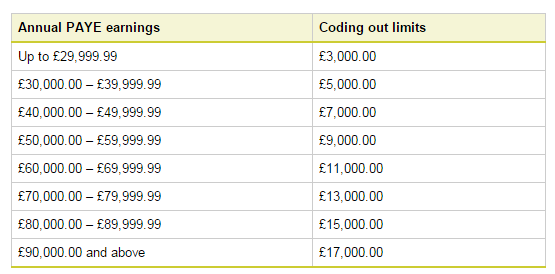Has/Is your business supplied/supplying digital services to consumers in the EU?
There is a very important change in the VAT place of supply rules for businesses supplying digital services to consumers (B2C). From 01 January 2015, the place of supply for digital services will be where the customer belongs, instead of the current rule (where the supplier belongs). Digital services include telecoms, satellite TV, the downloading of computer software, music, books and manuals.
From 1 January 2015 there are new place of supply rules for value added tax (VAT) on the supply of digital services by businesses to consumers in the EU.
As a UK trader, you will need to identify where in the EU your non-business customer is located and apply the VAT rate for that country, instead of UK VAT. The customer’s location will be where the consumer is established, has their permanent address or usually resides.
The VAT Mini One Stop Shop (MOSS) has been introduced to save these businesses from having to register for VAT in every EU Member State in which they supply their services.
Businesses can now register for the online service from 20 October 2014. Registration for the service has to be carried out by the business itself. Once registered, you can authorise us as your agent to act on your behalf for VAT MOSS.
To know more details, Register for and use the VAT Mini One Stop Shop, check these links below https://www.gov.uk/register-and-use-the-vat-mini-one-stop-shop
https://www.gov.uk/vat-on-digital-services-in-the-eu
There is a very important change in the VAT place of supply rules for businesses supplying digital services to consumers (B2C). From 01 January 2015, the place of supply for digital services will be where the customer belongs, instead of the current rule (where the supplier belongs). Digital services include telecoms, satellite TV, the downloading of computer software, music, books and manuals.
From 1 January 2015 there are new place of supply rules for value added tax (VAT) on the supply of digital services by businesses to consumers in the EU.
As a UK trader, you will need to identify where in the EU your non-business customer is located and apply the VAT rate for that country, instead of UK VAT. The customer’s location will be where the consumer is established, has their permanent address or usually resides.
The VAT Mini One Stop Shop (MOSS) has been introduced to save these businesses from having to register for VAT in every EU Member State in which they supply their services.
Businesses can now register for the online service from 20 October 2014. Registration for the service has to be carried out by the business itself. Once registered, you can authorise us as your agent to act on your behalf for VAT MOSS.
To know more details, Register for and use the VAT Mini One Stop Shop, check these links below https://www.gov.uk/register-and-use-the-vat-mini-one-stop-shop
https://www.gov.uk/vat-on-digital-services-in-the-eu
If you have any queries, post them as comments below.
Contact us to know more on these changes and what changes you need to make to your small business!








